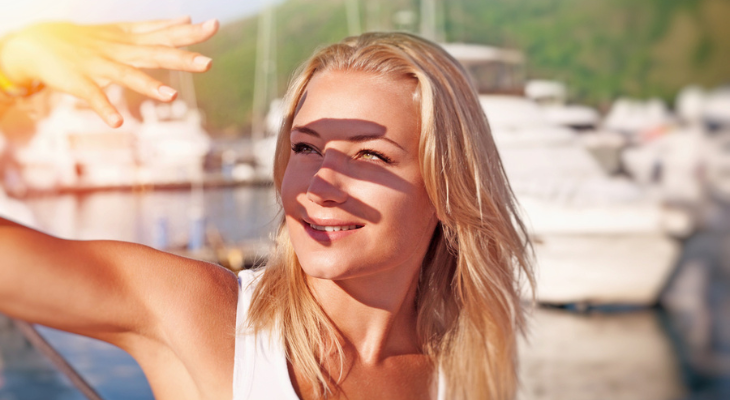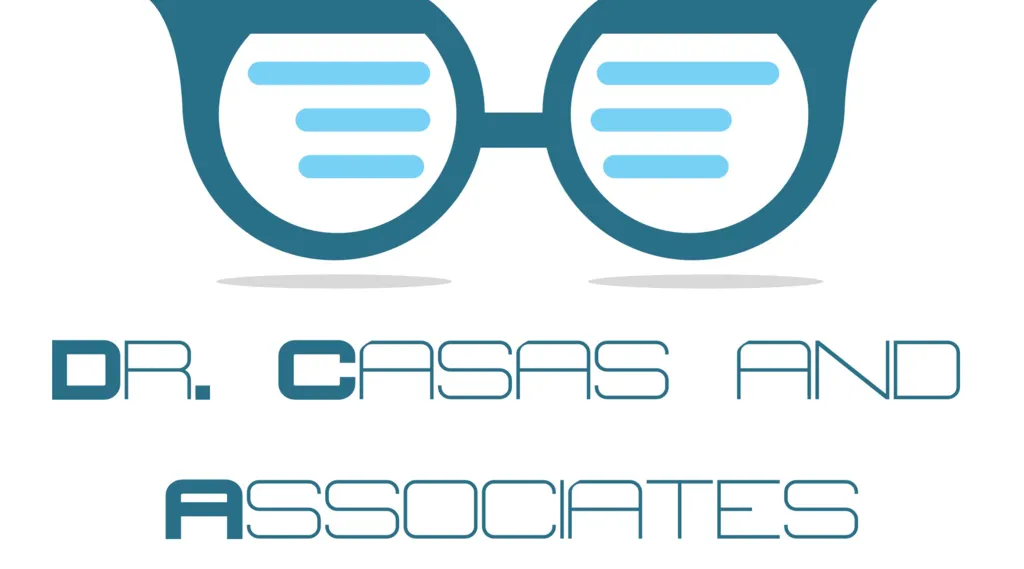
Photophobia: When Your Eyes Are Sensitive to Light
Do sunny days and bright lights make you want to hide in a dark room? You may be experiencing photophobia, or light sensitivity. Photophobia can cause eye pain, discomfort, and squinting when you're exposed to bright lights. Fortunately, your optometrist can recommend treatments and strategies to improve your comfort.
What Causes Photophobia?
Photophobia has many causes including:
- Light-Colored Eyes. People with blue, green, or hazel eyes may be more likely to experience light sensitivity because they have less melanin in their eyes. Melanin, the pigment which gives your eyes their color, helps protect your eyes from UV light. People with brown eyes have more melanin, while those with light eyes have less.
- Headaches and Migraine. You may notice that you're unusually sensitive to light when you have a headache or migraine. Photophobia with headaches is particularly common and affects about 80% of people with migraines, according to the American Academy of Ophthalmology (AAO). Bright lights can also trigger migraines.
- Inflammation. Inflammation of the iris (the colored part of the eye), cornea (the clear tissue over the iris and pupil), or sclera (the white part of the eye) can cause photophobia.
- Albinism. People with albinism have much less melanin in their bodies, which affects hair, skin, and eye color and can play a role in photophobia.
- Dry Eyes. Itching, burning, and redness could mean you have dry eye. This common eye condition also increases your light sensitivity. Seventy-five percent of veterans with dry eye reported pain sensitivity to light in a study published in Review of Ophthalmology in 2016.
- Corneal Abrasion. A painful sore on your cornea could be the reason that you have trouble opening your eyes in bright conditions.
- Blepharospasm. Blepharospasm, a condition that causes involuntary eyelid twitching or blinking, can increase light sensitivity.
- Head Injury. You may be more sensitive to light after a concussion or other head injury.
- Eye Diseases and Conditions. Photophobia can be a symptom of several eye diseases and conditions, including retinitis pigmentosa, uveitis, corneal neuropathy, optic neuritis, vitritis, and papilledema.
- Other Causes. Meningitis, fatigue, depression, anxiety, inflammatory bowel disease, psychiatric disorders, pituitary tumors, fibromyalgia, measles, and medication side effects are among the other causes of light sensitivity.
Treating Photophobia
Let your optometrist know if you're experiencing sensitivity to light. Your eye doctor will perform a comprehensive eye examination that will help him or her determine if an eye problem or another condition is responsible for your symptoms. If your optometrist suspects a medical condition, you'll be referred to the appropriate specialist for treatment.
Treating eye conditions and underlying health problems may improve your photophobia. For example, if you have blepharospasm, Botox injections can stop your eyelids from twitching and improve your comfort in brightly lit environments. If you have keratitis, a condition that occurs when the cornea is inflamed, artificial tears or prescription antibiotic, antifungal or antiviral eye drops may be helpful.
If photophobia is a chronic problem for you, these strategies may make spending time in bright environments more comfortable:
- Wear Sunglasses. Polarized sunglasses improve eye comfort by filtering out horizontal light. Sunglasses you get from your optometrist will also filter out UV light that may cause cataracts and age-related macular degeneration. Transitions eyeglass or contact lenses that darken in bright conditions and lighten in dimmer conditions can be a good option if you don't want to carry a pair of sunglasses with you. Although you may be tempted to wear sunglasses indoors, that's a bad idea, according to Kathleen Digre, MD, professor of ophthalmology and neurology at the University of Utah. She told the AAO that wearing dark glasses indoors may actually increase your light sensitivity.
- Don't Forget Your Hat. Wear a hat with a brim to keep the sun off your eyes.
- Use Eye Drops. Lubricating eye drops keep your eyes moist and may reduce photophobia symptoms.
- Keep It Dim. Use dimmers on lights that are too bright. Avoid fluorescent lights if possible. If you can't, ask your eye doctor about special eyeglass lenses. Rose-colored FL-41 lenses can reduce migraines triggered by lights, while blue-blocking lenses may also reduce light sensitivity. Blue-blocking contact lenses are also available.
- Turn It Down. Adjust brightness settings on phones and other devices, like laptops, tablets, and televisions.
Are you tired of being in the dark? We can help you with your photophobia symptoms. Call our office to schedule an appointment with the optometrist.
Sources:
American Academy of Ophthalmology: Photophobia: Looking for Causes and Solutions, November/December 2005
https://www.aao.org/eyenet/article/photophobia-looking-causes-solutions
Review of Ophthalmology: What Can Photophobia Tell Us About Dry Eye, 8/23/2016
https://www.ncbi.nlm.nih.gov/pmc/articles/PMC5571866/
Cleveland Clinic: Photophobia, 10/4/2023
https://my.clevelandclinic.org/health/symptoms/photophobia
All About Vision: Photophobia, 3/4/2019
https://www.allaboutvision.com/conditions/lightsensitive.htm
American Migraine Foundation: Photophobia (Light Sensitivity) and Migraine, 12/21/2017
https://americanmigrainefoundation.org/resource-library/photophobia-migraine/
NCBI: Journal of Neuro-Ophthalmology: Shedding Light on Photophobia, 3/2012
